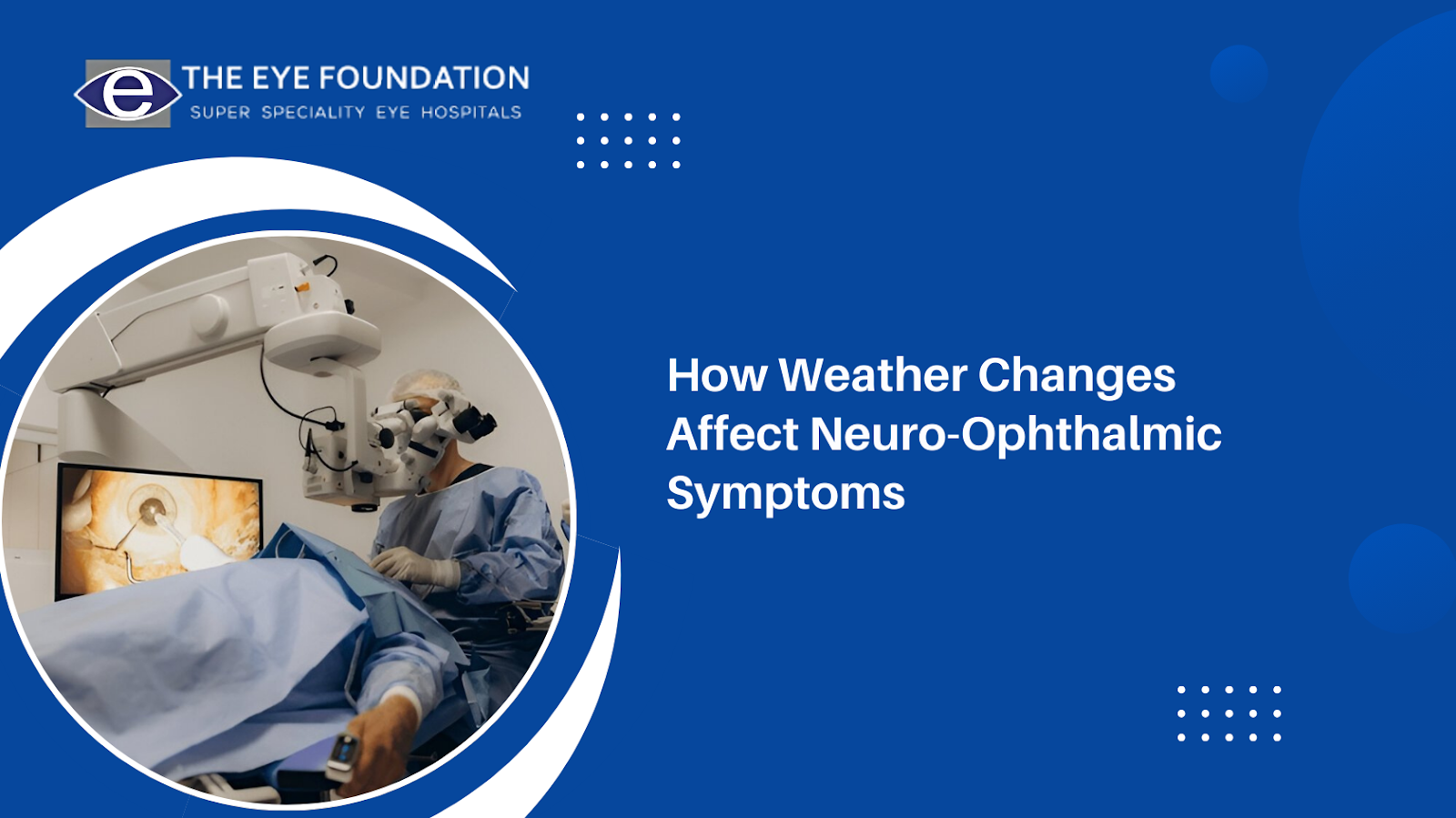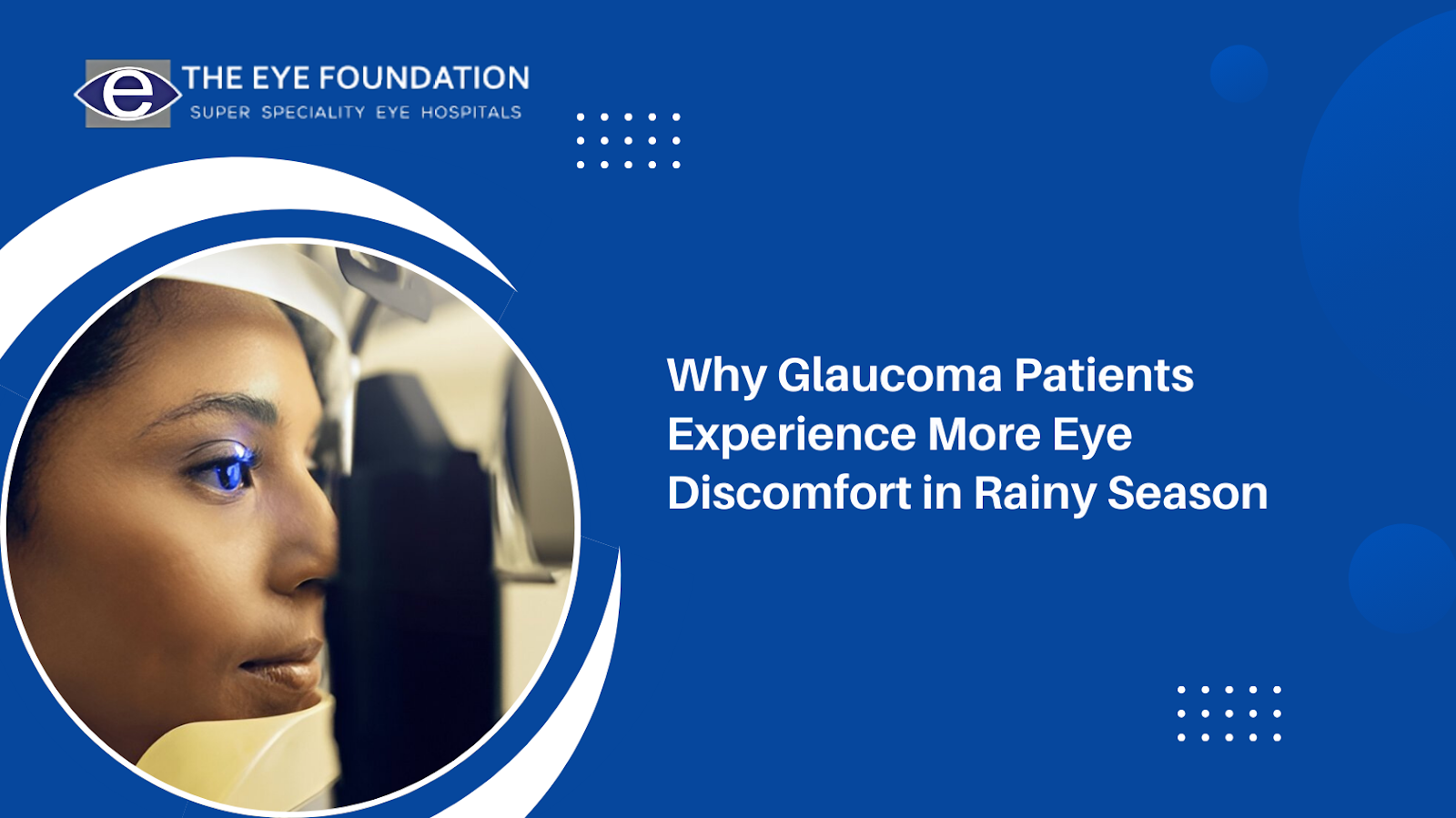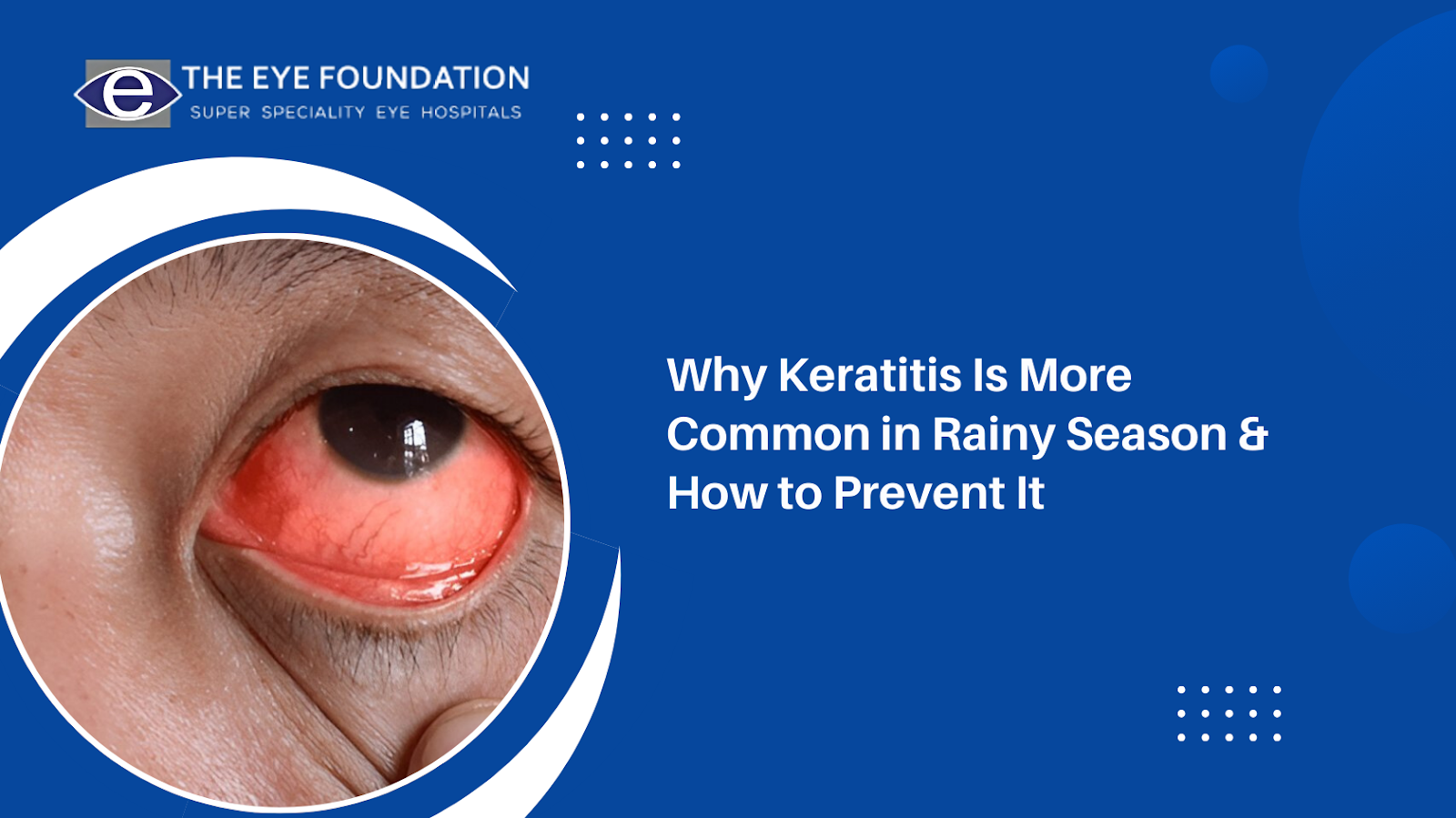Menopause is a crucial process in a woman’s life when she experiences a number of changes associated with hormonal fluctuations. Although many women expect such common signs of menopause as hot flashes and mood swings, they do not know that hormonal fluctuations may affect vision. One of the areas of women’s health that is not well discussed is the relationship between menopause and eye health. But how does it impact your eyes? It is high time to consider this relationship in more detail to explain it and offer some advice on how to cope with such changes in vision.
Understanding Hormonal Changes During Menopause
Like any other hormonal changes in the body, the production of estrogen and progesterone hormones reduces during menopause. Some of these hormones are related to reproductive health but they also have impacts on other body systems such as eyes. Of these, estrogen is particularly important in modifying the moisture and elasticity of tissues, such as the eyes. As the hormone level decreases, the eyes may also become more sensitive to dryness and other changes that may cause blurry vision.
These changes might not necessarily result in vision changes that affect a woman’s ability to see daily, but they bring about changes that affect a woman’s vision if she wears glasses or contact lenses. It is only possible to begin to counter these potential changes once they have been identified.
Common Vision-Related Issues During Menopause
Some of the few eye problems that may be caused by hormonal fluctuations during menopause include the following. These may range in different levels from one woman to another, however, it is important to know these possible symptoms and prevent them in order to keep your eyesight safe.
1. Dry Eyes
- The most often reported symptom in postmenopausal women is dryness of the eyes. As estrogen levels decrease, tear production is also affected, and this causes dryness of the eyes which is uncomfortable. Some of the signs that characterize the condition may be burning, itching or even a gritty feeling. This dryness can also make wearing contact lenses a little uncomfortable.
2. Blurred Vision
- The position and thickness of the cornea may change due to hormonal changes and this results in variation of vision. It has been described as having your vision clear one moment and then a little hazy the next.
3. Increased Sensitivity to Light
- Some women say that during the menstrual cycle, their eyes are more sensitive to light; they get headaches when exposed to light or have to spend much time in front of the computer.
4. Changes in Prescription Needs
- Fluctuations in hormones may make you require change in your prescription glasses or contact lenses more often. This is why it is normal to get a sudden shift of attention, that makes it difficult to focus on near work or reading.
5. Higher Risk of Eye Diseases
- There are also some eye diseases that may be precipitated by menopause; these include cataracts, glaucoma and macular degeneration. These are not necessarily caused by the menopause but hormonal changes can play a part.
How Hormonal Changes Impact Eye Structures
These are not only the skin deep changes that occur during menopause. These hormonal changes can influence far deeper structures of the eyes, which in turn will affect vision in the long run. Here’s how these changes might manifest in specific parts of the eye:
- Cornea: Estrogen is said to reduce in the cornea and this may lead to less sensitivity and more frequent occurrence of dryness. This can impair vision and cause eye discomfort especially for women who use contact lenses.
- Lens: The natural lens of the eye might become more susceptible to aging due to hormonal changes and thus cause cataracts.
- Retina: Reduced blood flow to the retina may occur, which may have consequences for the retina’s health. The reduced circulation may lead to eye problems or even conditions such as macular degeneration or even retinal problems.
Lifestyle Factors That Can Worsen Vision Changes
Although vision problems are mostly caused by hormonal fluctuations during menopause, some habits can make it worse. It is possible to have less severe menopausal eye symptoms if you change some of the habits that you have in your daily life.
- Stress: Stress raises cortisol levels, and a hormone imbalance can worsen eye symptoms and make it difficult for you to feel comfortable. Measures should be taken to avoid stress as far as possible in order to support the hormonal balance.
- Diet: Lack of adequate nutrition in the diet which includes omega-3 fatty acids can be blamed for dry eyes. Omega-3’s, which can be gotten from foods such as salmon, walnuts and flax seeds assist in eye moisture.
- Hydration: One of the causes of dry eyes is dehydration and this is as a result of lack of enough water in the body. It is important to take enough water in the entire day.
- Screen Time: Prolonged computer use makes dry eyes and light sensitivity even worse. It is also advisable to attempt to have regular breaks and to lower your screen brightness if you feel uncomfortable.
Managing Vision Changes During Menopause
To maintain vision changes during the menopausal period, there are lifestyle changes to take as well as proper eye care. Here are some tips that will help you to maintain comfort and health of your eyes.
1. Dietary Adjustments
- Include fish, nuts, fruits and vegetables that are rich in antioxidants and vitamin A, C and E to promote good eyesight. Raw vegetables, especially green leafy vegetables, fruits like oranges and other citrus fruits, and carrots should be taken.
2. Use Artificial Tears
- There are many brands of artificial tears available without prescription which can be used to give relief from dryness. Choose products without preservatives to reduce inflammation of the skin.
3. Regular Eye Exams
- Visit your eye doctor often to get your vision checked, and identify any changes that may be indicative of a problem early enough. It is important to visit your eye doctor for a vision prescription update or if you need advice on the treatment that will suit your case.
4. Consider Hormone Replacement Therapy (HRT)
- Some women can manage to do away with menopausal vision problems by using hormone replacement therapy. Nevertheless, consult your doctor to find out whether you should take HRT, as this therapy is not suitable for everybody.
5. Wear UV-Protective Eyewear
- Wear sunglasses when you are outside as they shield your eyes from dangerous ultraviolet radiation. UV radiation is known to cause cataracts and other eye complications; therefore, sunglasses should have the UVA/UVB protection label.
When to Seek Medical Attention
Although most changes that affect vision during menopause are mild, there are signs that point towards a bigger problem. If you have a sudden loss of vision, pain in the eyes, or if the number of floaters increases suddenly, you should consult your doctor. These may be symptoms of a worse ailment that ought to be treated immediately.
Other situations in which you should see your doctor are when the condition has not responded to the readily available remedies or if you experience a shift in your vision. It is recommended to visit the ophthalmologist from time to time to make sure that the changes that occur during menopause are not hiding something worse.
Conclusion
It must be understood that hormonal changes during the menopausal period can cause certain problems to the eyes including dryness, blurring of vision and increased light sensitivity. Of course, all these changes may be uncomfortable but are treatable with proper changes in lifestyle and eye care regimen. If you remain vigilant about your eyes, you will be able to reduce the effects of menopause on your sight
If you have had a change in your vision and need advice then you can visit The Eye Foundation. Call our office today to schedule an appointment to talk to an eye care professional about your symptoms and learn how to manage them in order to have comfortable vision during and after menopause.






